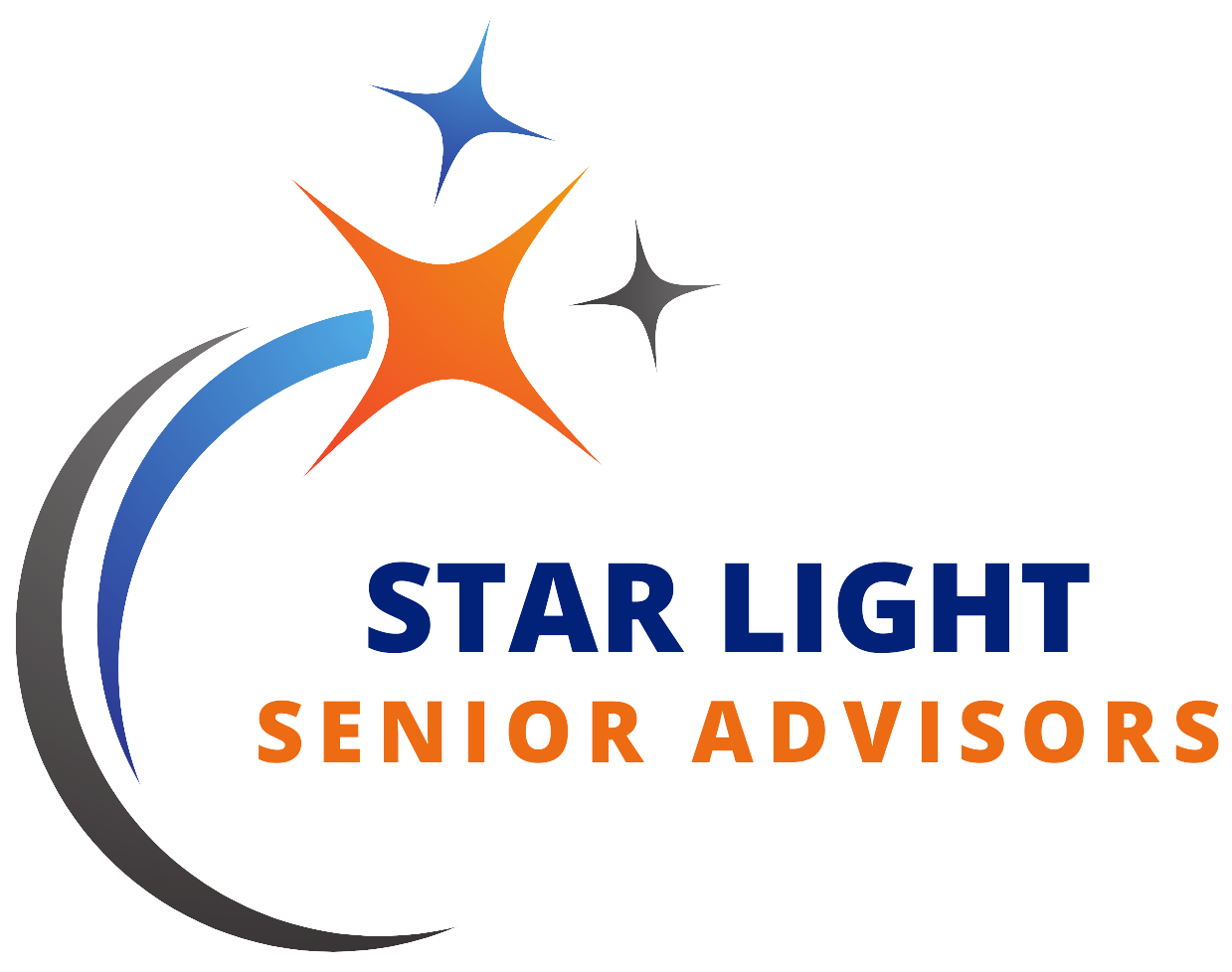As we age, managing medication becomes increasingly important. Many seniors take multiple medications, often at different times of the day, which can sometimes lead to confusion and mistakes. However, with a few simple tips, seniors can effectively manage their medications and ensure their health and well-being.
1. Create a Medication Schedule: Maintaining a consistent routine is essential for managing medications. Create a schedule that outlines when each medication should be taken and stick to it. Using a pill organizer with compartments labeled for different days and times can be extremely helpful in staying organized.
2. Keep an Updated Medication List: Make a list of all the medications you take, including the name, dosage, and frequency. Keep this list updated and carry a copy with you at all times. This will be useful for healthcare professionals in case of emergencies or when visiting a new doctor.
3. Understand Your Medications: Take the time to learn about each medication you are taking. Understand why you are taking it, the correct dosage, and any potential side effects. If you have any questions or concerns, don’t hesitate to ask your doctor or pharmacist for clarification.
4. Use a Reminder System: It can be easy to forget to take medications, especially when you have multiple to manage. Set up a reminder system that works for you. This could be an alarm on your phone, a pill reminder app, or even a physical reminder like a sticky note on your bathroom mirror.
5. Organize Medications: Keep your medications organized in a safe and accessible location. Make sure they are stored properly, away from heat, moisture, and direct sunlight. If you have trouble opening bottles or remembering which medication is which, consider using pill bottle labels or color-coded caps.
6. Review Medications Regularly: Schedule regular appointments with your doctor to review your medications. Your healthcare provider can assess if any adjustments need to be made based on your current health condition. It’s important to keep them informed about any new medications or over-the-counter supplements you may be taking.
7. Ask for Help: If you find yourself struggling to manage your medications, don’t hesitate to ask for help. Reach out to a trusted family member, friend, or caregiver who can assist you in organizing and administering your medications. There are also services available that can deliver medications directly to your home, making the process even more convenient.
8. Be Mindful of Interactions: Some medications can interact with each other, causing unwanted side effects or reducing their effectiveness. Always inform your healthcare provider about all the medications, vitamins, and supplements you are taking to avoid any potential interactions.
9. Never Skip or Double Dose: It’s important to take medications as prescribed. Never skip a dose or take a double dose to make up for a missed one unless instructed by your healthcare provider. If you are having trouble remembering to take your medications, consult with your doctor for alternative solutions.
10. Dispose of Medications Properly: When medications expire or are no longer needed, it’s crucial to dispose of them properly. Check with your local pharmacy or healthcare provider for guidance on how to safely dispose of unused medications. Do not flush them down the toilet or throw them in the trash, as they can be harmful to the environment.
By following these medication management tips, seniors can take control of their health and ensure the safe and effective use of their medications. Remember, always consult with your healthcare provider for personalized advice and guidance regarding your specific medications and health conditions.
- Star Light Senior Advisors
- 617-270-0402
- www.starlightsenioradvisors.com
- [email protected]




